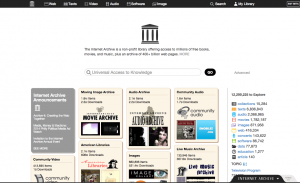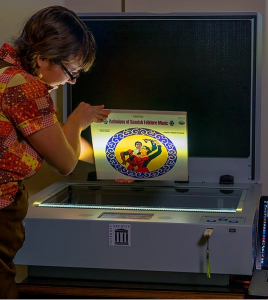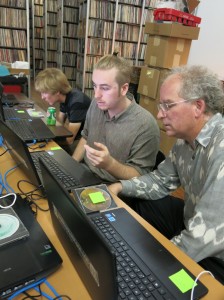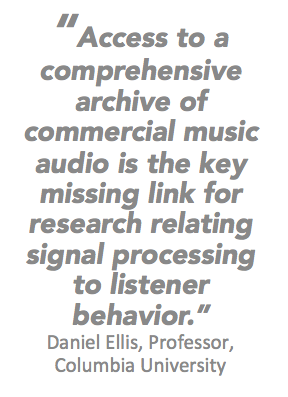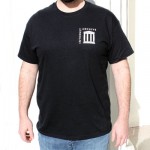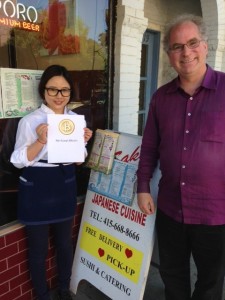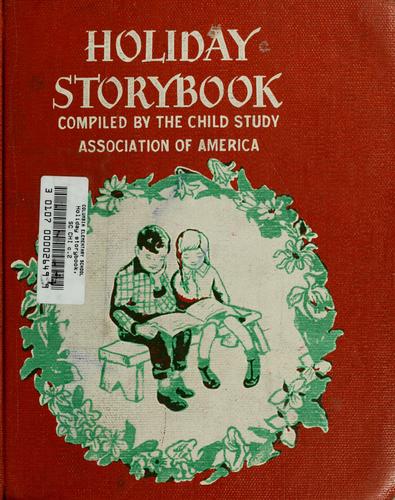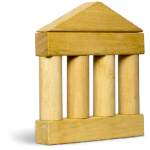
(NYtimes on this announcement, video of talks)
Let’s work together to save all human knowledge. Today the Internet Archive is announcing a new beta site and new tools to encourage everyone to lend a hand.
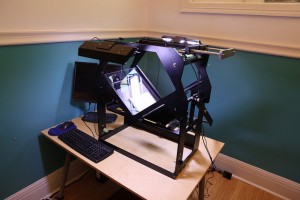
Prototype Table Top Scribe for scanning books
We were founded in 1996 as an archive OF the Internet; we saved web pages and made them available through the Wayback Machine starting in 2001. In 2002 we became an archive ON the internet when we began digitizing and hosting movies, books, TV, music and software by working closely with libraries and online communities. Much of the work of building the current archive has been done by us and a relatively small number of selected partners.
Today marks a change in direction.

Listening Room
We are creating new tools to help every media-based community build their own collections on a long term platform that is available to the entire world for free. Collectors will be able to upload media, reference media from other collections, use tools to coordinate the activities of their community, and create a distinct Internet presence while also offering users the chance to explore diverse collections of other content.
In this future, communities and libraries will take the central role in building collections, leveraging the tools and storage of the Internet Archive.
Still in its early development, the Internet Archive is looking for feedback and help in this new direction. Shaping these tools will be a joint process with our library and community partners.
Introducing new tools today, with further developments to come:
- Table-top book scanner that works with back-end Archive technology and staff to create beautiful online books
- Free public listening room for our fledgling music project, which is just starting to work with labels, archives, researchers, and music lovers to preserve our cultural heritage
- TV political campaign commercials pilot interface to help journalists and bloggers view money-flows, bringing this archive into immediate cultural relevance
- Web-archiving powered by over 1,000 librarians who are curating 3,000 searchable subject collections, including Ebola and mid-term election sites
- Beta preview of our new website that will put users front and center to build compelling libraries together
The Internet Archive needs your help to create and use these tools. Your donations of time, money, digital and physical materials can help us Build Libraries Together.

